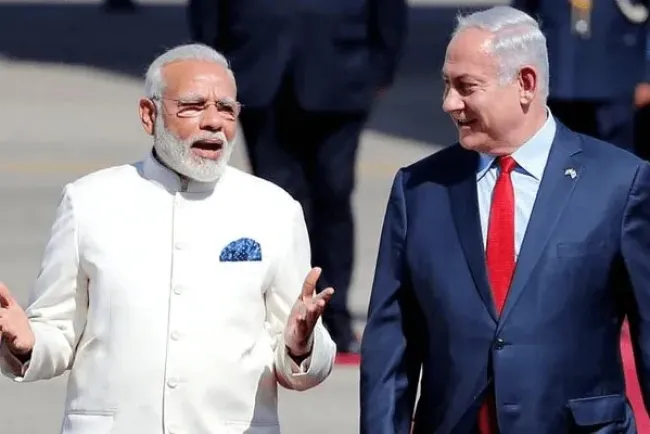Escalating Hostilities: Ukraine and Russia's Intensifying Conflict
The conflict between Ukraine and Russia has escalated dramatically, marked by brutal attacks and rising civilian casualties. Recent strikes in Sunumi and Odessa have drawn international attention and condemnation. What does this mean for the future of the war?
The war in Ukraine has reached a harrowing new level of brutality, following devastating strikes in Sunumi and Odessa that have left dozens of civilians dead and many more injured. This latest wave of violence underscores the urgent need for diplomatic intervention and a reevaluation of international responses to the ongoing conflict.
Recent Attacks and Civilian Impact
The recent attack on Sunumi resulted in the tragic loss of 34 civilian lives, including children, with over a hundred more injured. Witnesses described the scene as chaotic, with debris flying and widespread destruction of civilian infrastructure. The attack on Odessa followed closely, where Russian strikes targeted various civilian facilities, including a medical center and warehouses, further exacerbating the humanitarian crisis.
Ukrainians living through these assaults have shared harrowing accounts of their experiences, emphasizing the indiscriminate nature of the violence. Local residents have voiced their outrage and despair, labeling the attacks as acts of genocide, given the lack of military targets in these populated areas.
International Reactions and Diplomatic Efforts
Ukrainian President Volodymyr Zelensky has called on U.S. President Donald Trump to visit Ukraine and witness the devastation firsthand, stressing the importance of understanding the human toll of the conflict before making decisions about negotiations with Russia. Trump has condemned the attacks, calling them "horrible" and indicative of an abuse of power that has led to the war's onset.
While Ukraine has ramped up its long-range drone strikes into Russian territory, targeting areas like Belgorod, the international community is grappling with how to respond effectively. The U.S. is reportedly holding direct talks with Russia, seeking a swift resolution to the conflict even as attacks intensify. European nations are also considering military deployments to support a potential ceasefire in Ukraine.
The Path Forward
Despite Ukraine's willingness to agree to an unconditional ceasefire proposed by the U.S., Russian officials have rejected these overtures, leaving the conflict in a precarious state. The humanitarian crisis continues to unfold, with civilians bearing the brunt of the violence, and the international community remains divided on how to address the escalating situation.
As the war continues to escalate, the need for a comprehensive and effective diplomatic solution becomes increasingly urgent. The ongoing violence not only threatens the stability of the region but also raises profound questions about the future of international relations and conflict resolution.
Conclusion
The intensifying conflict in Ukraine demands immediate attention from global leaders. With civilian lives at stake and the potential for further escalation, it is imperative that diplomatic channels remain open and that efforts to broker peace are prioritized. The world watches closely as the situation unfolds, hoping for a resolution that prioritizes human life and stability in the region.
Stay updated with the latest developments on the Ukraine-Russia conflict by following our blog.
What's Your Reaction?















